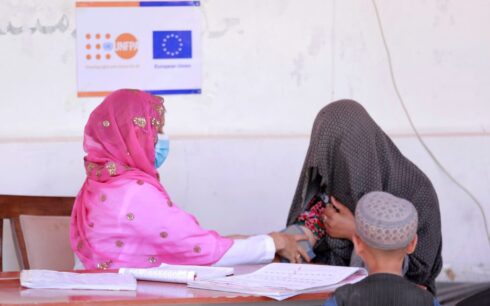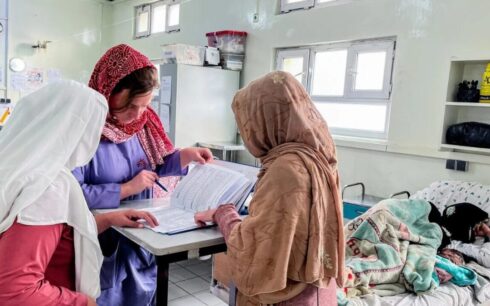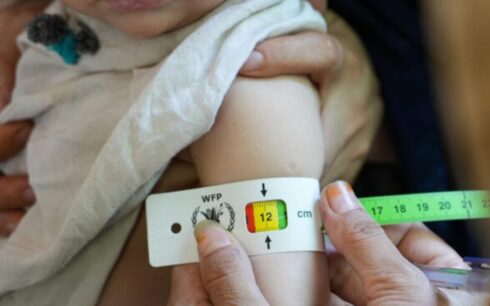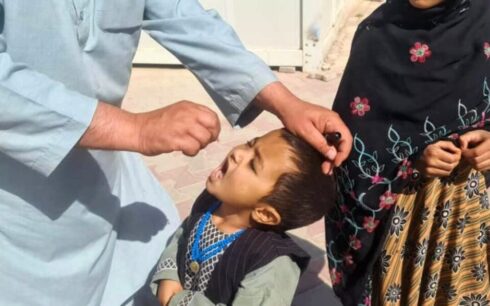RIYADH, Saudi Arabia — The Islamic Development Bank (IsDB) and the King Salman Humanitarian Aid and Relief Center signed a $3 million agreement to support Afghanistan’s fight against polio and strengthen its healthcare system.
The funding will be directed toward the Polio Legacy Challenge, an incentive-based program aimed at eradicating polio and improving essential health services in the country, according to a statement by the IsDB.
The memorandum of financial contribution was signed by Muhammad Al Jasser, President of the IsDB, and Abdullah Al Rabeeah, the Supervisor General of KSRelief, as part of a broader collaboration to address Afghanistan’s healthcare challenges.
“We are deeply grateful to the Kingdom of Saudi Arabia for its active and generous support, which will enable us to deliver meaningful benefits to Afghanistan’s most vulnerable communities,” Al Jasser said.
Polio in Afghanistan
Afghanistan is one of only two countries in the world, along with Pakistan, where polio remains endemic.
According to data from the United Nations and Afghanistan’s Ministry of Public Health, 23 polio cases have been reported in Afghanistan this year as of October, a significant rise compared to 2 cases in 2021.
This increase has been attributed to the suspension of vaccination campaigns in certain areas, logistical challenges, and the broader collapse of healthcare infrastructure.
In September, sources reported that Taliban had halted door-to-door polio vaccinations in the southern provinces of Helmand and Kandahar.
The World Health Organization reported three new polio cases in Kandahar and Helmand in October—two in Kandahar’s Maiwand and Ghorak districts, and one in Nahr-e-Saraj district in Helmand.
The WHO has recorded 410 environmental polio cases this year, with 74 reported in Afghanistan and 336 in neighboring Pakistan.
Health officials have stressed the urgency of vaccination to prevent further spread, especially in high-risk regions where immunization efforts are hindered.





